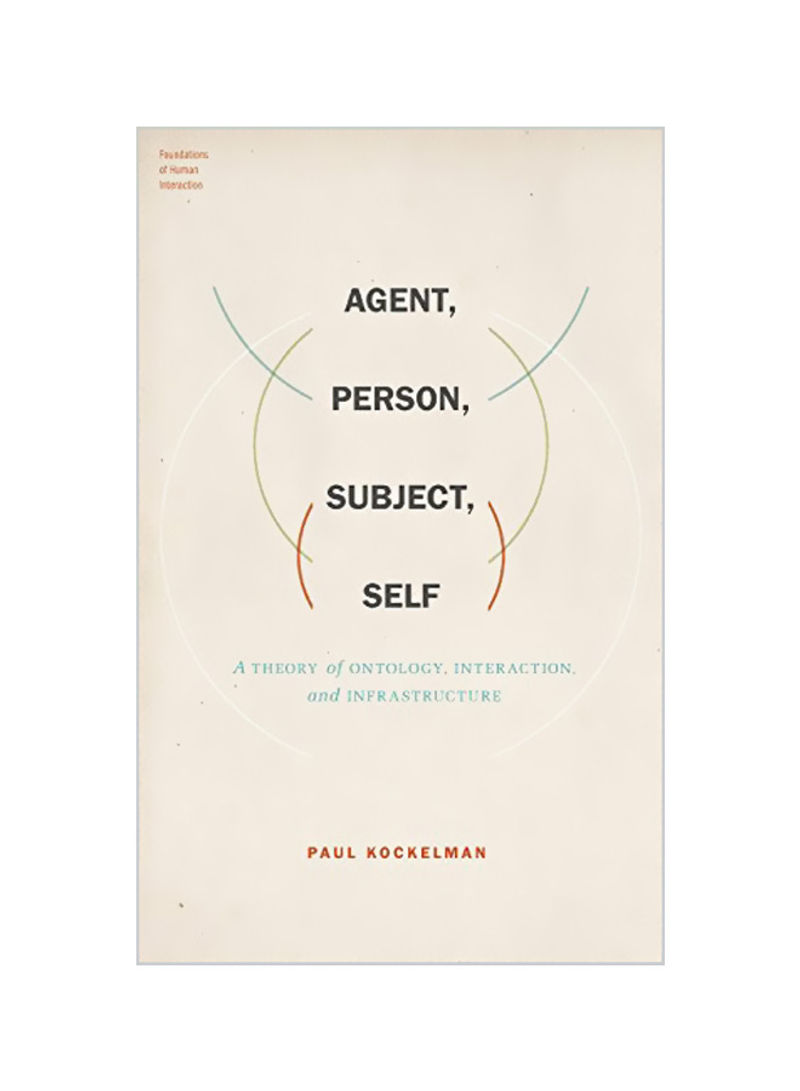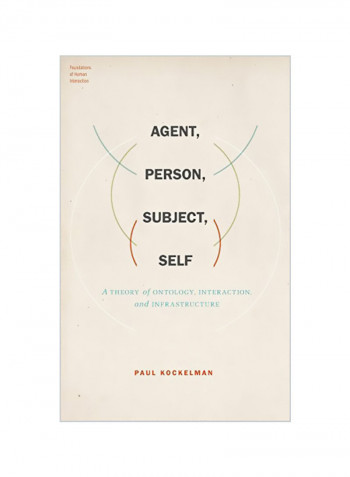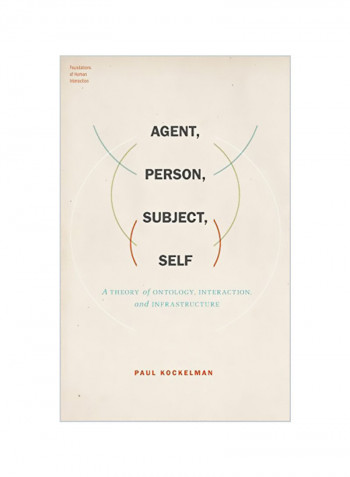Agent, Person, Subject, Self: A Theory Of Ontology, Interaction, And Infrastructure Hardcover
Recommend
Sort by
Rating
Date
Specifications
Author 1
Paul Kockelman
Book Description
This book offers both a naturalistic and critical theory of signs, minds, and meaning-in-the-world. It provides a reconstructive rather than deconstructive theory of the individual, one which both analytically separates and theoretically synthesizes a range of faculties that are often confused and conflated: agency (understood as a causal capacity), subjectivity (understood as a representational capacity), selfhood (understood as a reflexive capacity), and personhood (understood as a sociopolitical capacity attendant on being an agent, subject, or self). It argues that these facilities are best understood from a semiotic stance that supersedes the usual intentional stance. And, in so doing, it offers a pragmatism-grounded approach to meaning and mediation that is general enough to account for processes that are as embodied and embedded as they are articulated and enminded. In particular, while this theory is focused on human-specific modes of meaning, it also offers a general theory of meaning, such that the agents, subjects and selves in question need not always, or even usually, map onto persons. And while this theory foregrounds agents, persons, subjects and selves, it does this by theorizing processes that often remain in the background of such (often erroneously) individuated figures: ontologies (akin to culture, but generalized across agentive collectivities), interaction (not only between people, but also between people and things, and anything outside or in-between), and infrastructure (akin to context, but generalized to include mediation at any degree of remove).
ISBN-13
9780199926985
Language
English
Publisher
Oxford University Press, USA
Publication Date
28-02-2013
Number of Pages
256
About the Author
Paul Kockelman is a linguistic anthropologist, with a strong area focus in Latin America, who is broadly interested in the relation between meaning, value, and information. His scholarship, developed in more than 25 articles, has focused on a broad set of interrelated topics concerning language, culture and mind. Methodologically, he draws on his empirical research to analyze relations among grammatical categories, discourse patterns, social relations, and cultural values as they unfold in both face-to-face and more mediated forms of interaction. His research has been sustained by extensive linguistic and ethnographic fieldwork, primarily among speakers of Q'eqchi'-Maya living in the cloud forests of highland Guatemala, and now more and more among scientists and engineers working on and with a variety of information technologies.



